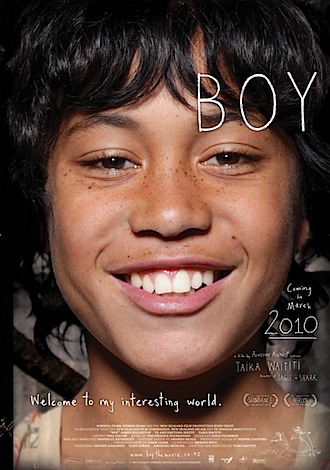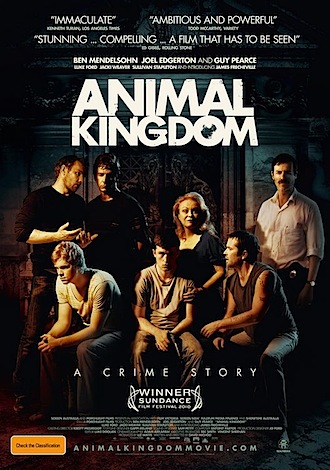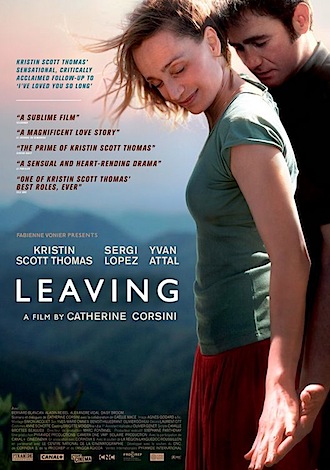The New Zealand International Film Festival was launched in Auckland and Dan was there. Back at the multiplex, Seth Rogen, James Franco and Jay Baruchel play themselves at the end…
Read More

Taika Waititi’s Boy may well be the saddest comedy I’ve ever seen. Hmn, maybe I should put that another way: For a comedy, Boy might be the saddest film I’ve…
Read More

When the Film Festival screening of Animal Kingdom finished, my companion and I turned to each other and realised that neither of us had breathed for the last five minutes.…
Read More

I watch a lot of movies in this job and this week I’d like to start with a couple of important tips that will help keep your cinema-going experience in…
Read More
